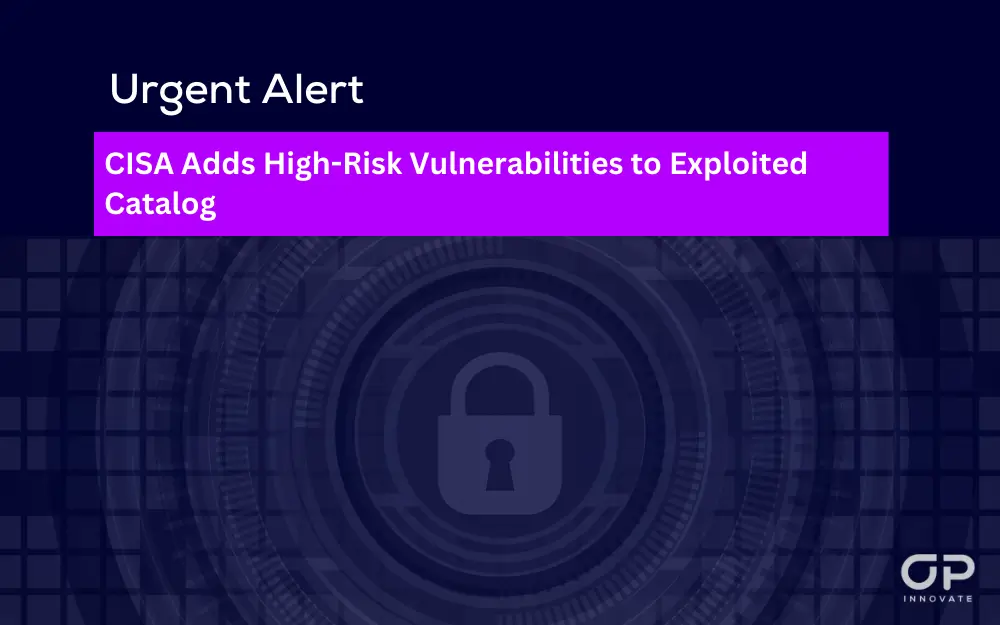The Cybersecurity and Infrastructure Security Agency (CISA) has updated its Known Exploited Vulnerabilities Catalog, adding three vulnerabilities that have been actively exploited. This update is a crucial development for cybersecurity, as these vulnerabilities are commonly targeted by cybercriminals and pose a significant threat, particularly to government networks and the broader federal enterprise.
Details of Newly Added Vulnerabilities:
- CVE-2023-6549 (Citrix NetScaler ADC and Gateway): This vulnerability is a buffer overflow issue in Citrix NetScaler ADC and Gateway. Buffer overflow vulnerabilities occur when more data is input into a buffer (a temporary data storage area) than it can hold, leading to overflows that can overwrite adjacent memory, resulting in system crashes, data corruption, or code execution.
- CVE-2023-6548 (Citrix NetScaler ADC and Gateway): This is a code injection vulnerability in the same Citrix products. Code injection attacks involve the insertion of malicious code into a program, which is then executed by the system. Such vulnerabilities can lead to unauthorized access, data theft, and potentially full system control by an attacker.
- CVE-2024-0519 (Google Chromium V8 Engine): An out-of-bounds memory access issue in Google’s Chromium V8 JavaScript engine. This vulnerability can be exploited to access unauthorized memory spaces, leading to sensitive data exposure, system crashes, or even providing a foothold for further malicious activities.
Urgency and Impact:
- Immediate Threats: These vulnerabilities are currently being exploited, meaning attackers are actively using them to breach systems. Delays in addressing these issues can lead to severe consequences, including data breaches, financial loss, and significant damage to organizational reputation.
- Past Incidents: Similar vulnerabilities have led to widespread cyber incidents in the past, underscoring the potential for widespread disruption and harm.
Binding Operational Directive (BOD) 22-01 Context:
- BOD 22-01 established the Known Exploited Vulnerabilities Catalog as a key tool in identifying and mitigating vulnerabilities that pose significant risks, especially to federal networks.
- It mandates Federal Civilian Executive Branch (FCEB) agencies to address these vulnerabilities promptly, ensuring network protection against prevalent cyber threats.
- The directive, while specific to FCEB agencies, sets a benchmark in vulnerability management that is advisable for all organizations to follow.
OP Innovate’s Recommendations:
- Immediate Review and Remediation: Organizations should review their systems for these vulnerabilities and prioritize their remediation.
- Enhanced Vulnerability Management Practices: Incorporate a proactive approach to regularly check for and address vulnerabilities, especially those listed in CISA’s catalog.
- Stay Updated: Keep abreast of updates from CISA and other cybersecurity entities to respond promptly to emerging threats.
The addition of these vulnerabilities to CISA’s catalog reflects the dynamic and challenging nature of cybersecurity. Vigilance and proactive measures are essential in protecting against these and other vulnerabilities, underscoring the need for comprehensive cybersecurity strategies.
Stay informed and secure,
OP Innovate Cybersecurity Team









